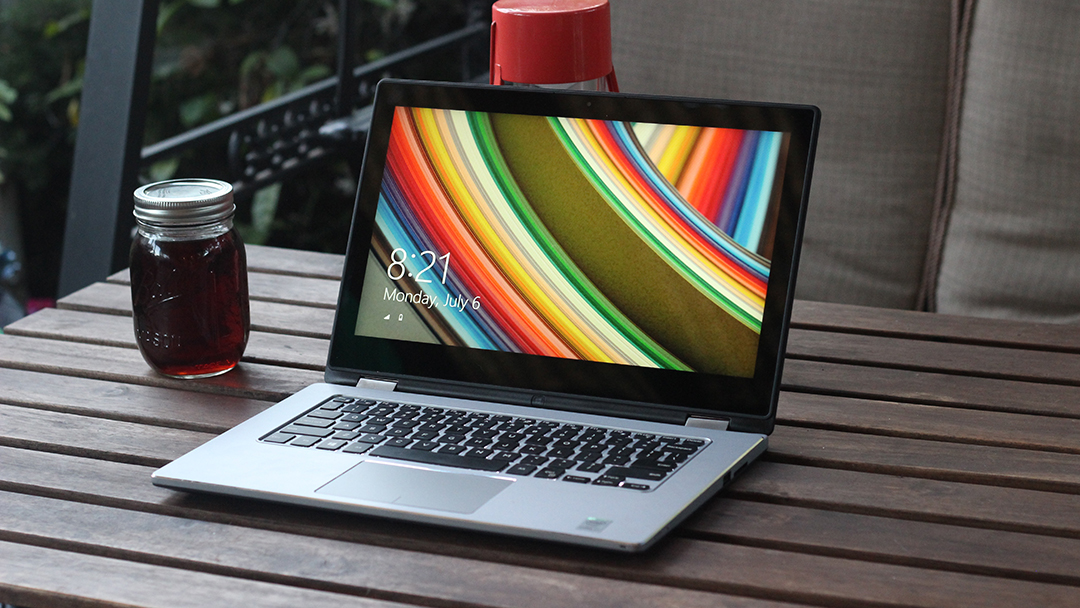PC vendors to be wiped out if they don't adapt warns analyst
The PC market is 'broken' and it will take radical action from manufacturers to fix it

Sign up for breaking news, reviews, opinion, top tech deals, and more.
You are now subscribed
Your newsletter sign-up was successful
Gartner has declared the PC market 'broken', and said that manufacturers must take a different approach to adapt and survive the stormy seas of slumping sales – or throw in the towel and quit the market by 2020.
This announcement from the analyst firm comes in conjunction with projections for the installed base of PCs (desktops, laptops and 'ultra-mobile premium' devices), with the number forecast to drop considerably from 1,485,276 machines in 2015 to 1,442,329 by the end of this year – and with further erosion to occur on a similar scale, ending in 1,333,450 units worldwide by 2019.
"The PC business model as we have traditionally known it is broken," Tracy Tsai, research vice president at Gartner, declared. She further observed that the top five mobile PC vendors had picked up 11% market share over the last five years to stand at 76% for the first six months of 2016, but that this has come at the expense of profitable revenue – in other words, ever thinner margins.
And this price-cutting to stoke up demand won't work going forward in the rest of this decade, due to the new forces shaping PC sales, she argues. And those forces include the simple fact that users are keeping hardware for a lot longer these days, because of course the rate of obsolescence has slowed down dramatically.
And there's also the fact that many apps are moving to the cloud, so the power of your PC is less of a factor, and the same is true with cloud storage – equally users are less restrained by the size of their local drive(s).
Tsai further noted: "Price and specification are not enough for a user to upgrade a PC – a new and better customer experience is the only true differentiation."
Alternative strategies
Gartner broadly outlined four alternative strategies that PC manufacturers could adopt to thrive in the future computing market, the most radical of which is to completely revamp their outfit with a new business unit exploring fresh technology to create totally new products, hooking up with startups and service providers to radically change revenue models.
Sign up to the TechRadar Pro newsletter to get all the top news, opinion, features and guidance your business needs to succeed!
The example the analyst company gives is a new PC designed to be an 'information butler' for the home user, bristling with digital assistant features and chat bots, along with voice tech to make things easy to do. And the PC vendor could hook up with devs and various service providers – video, music, retail-based and so forth – to push them and get a slice of their revenue.
In other words, if you thought bloatware was bad, just wait for 'Jeeves' the laptop. But we can see the point that if the PC industry is to make any sort of turnaround outside hybrids, innovations do need to be explored, and alternative revenue streams may be a key part of that.
Gartner's less radical suggestions include keeping the current business model but producing fresh and innovative PCs that utilise the likes of voice and touch tech – either that, or keep the same products, but refresh the business model. In the latter case the analyst firm talks about partnerships with content publishers, and PCs which are subsidised by these partners.
If a manufacturer simply carries on as they are pushing out the traditional PC with the same business model, Gartner notes that this approach will require "high volumes [of sales] to generate enough cash flow to cover the cost of business, so, in a declining market, consolidation of vendors is inevitable."
Tsai concluded that: "Some vendors may need a whole new business and product strategy to turn their situation around. PC vendors need to identify their core competencies, evaluate their internal resources, and adopt one or more alternative business and product innovation models to stay in or leave the PC business."
- Nonetheless, the Surface Pro 4 is still in good shape
Darren is a freelancer writing news and features for TechRadar (and occasionally T3) across a broad range of computing topics including CPUs, GPUs, various other hardware, VPNs, antivirus and more. He has written about tech for the best part of three decades, and writes books in his spare time (his debut novel - 'I Know What You Did Last Supper' - was published by Hachette UK in 2013).